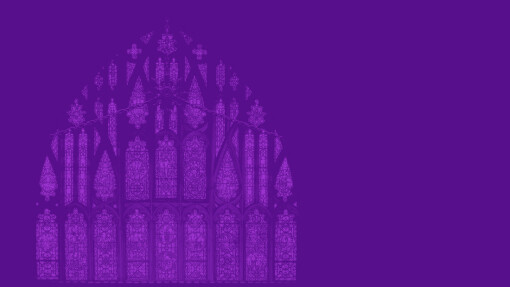
Viewing All Latest Posts


Raising Hope for Refugees Update: March 21, 2025
March 21, 2025

Friday E-News | January 17, 2025
January 17, 2025

Friday E-News | December 27, 2024
December 27, 2024

Friday E-News | December 6, 2024
December 06, 2024

Friday E-News | November 29, 2024
November 29, 2024

Friday E-News | November 22, 2024
November 22, 2024

Friday E-News | November 15, 2024
November 15, 2024

Friday E-News | November 1, 2024
November 01, 2024




